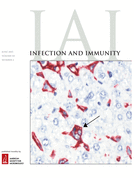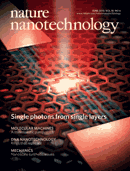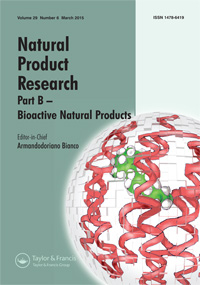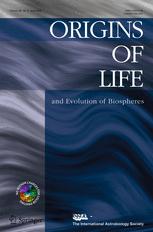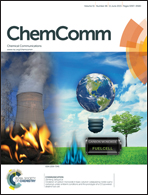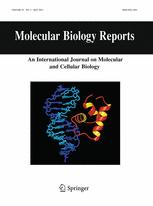 Three biologists at Tokyo Gakugei University in Japan have retracted a 2014 Frontiers in Plant Science paper on abnormal root growth in Arabidopsis “in light of new experimental evidence” showing they fingered the wrong mutant gene. The journal editors are hailing the retraction as an “excellent example of self-correction of the scientific record.”
Three biologists at Tokyo Gakugei University in Japan have retracted a 2014 Frontiers in Plant Science paper on abnormal root growth in Arabidopsis “in light of new experimental evidence” showing they fingered the wrong mutant gene. The journal editors are hailing the retraction as an “excellent example of self-correction of the scientific record.”
The paper, “Mechanosensitive channel candidate MCA2 is involved in touch-induced root responses in Arabidopsis,” described the abnormally behaving roots of a mca2-null mutant Arabidopsis plant.
A subsequent string of experiments by the same research team—including DNA microarrays, RT-PCR, and a PCR-based genomic deletion analysis—demonstrated that two other mutations that somehow creeped into their experimental populations may have been to blame for the abnormal root behavior.
It’s a notably thorough and informative retraction notice from Frontiers, an open-access publisher with a history of badly handled and controversial retractions and publishing decisions. The notice describes the new experiments and the previous, erroneous results: Continue reading “[T]hese things can happen in every lab:” Mutant plant paper uprooted after authors correct their own findings
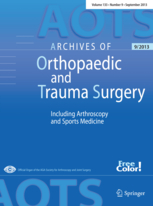 The Archives of Orthopaedic and Trauma Surgery has retracted a study about whether developing fistula puts hemodialysis patients at higher risk of carpal tunnel syndrome because it “duplicated substantial parts” and “manipulated some original data” from a study by other researchers.
The Archives of Orthopaedic and Trauma Surgery has retracted a study about whether developing fistula puts hemodialysis patients at higher risk of carpal tunnel syndrome because it “duplicated substantial parts” and “manipulated some original data” from a study by other researchers.
